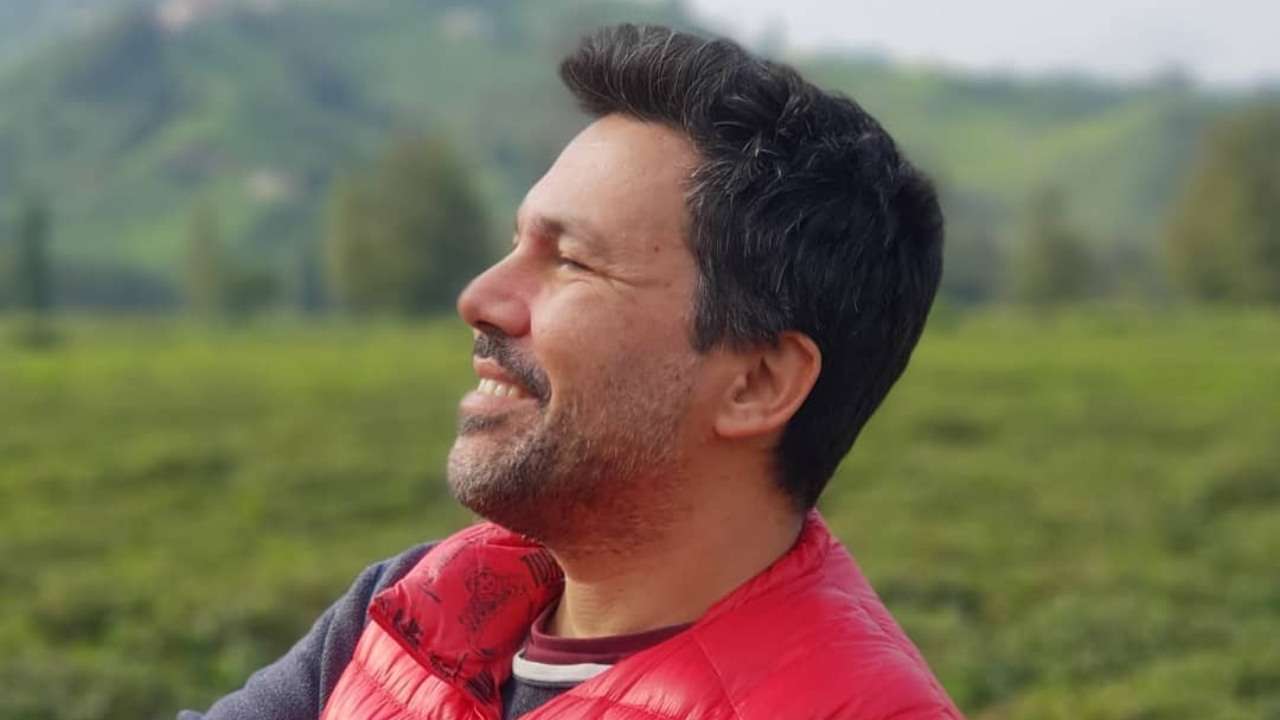
Hasan Kerim Güç, a speaker at Arth 2019, talks to Ornella D'Souza about how his life revolves around promoting Islamic and Sufi principles via a foundation and a publishing house. He is a qualified electronic and telecommunication engineer, has both a Masters in IT and an MBA from the University of Baltimore. He's also the founding member of the Kerim Foundation that supports students pursuing Sufi studies at universities world-over. Before his talk at Arth 2019, Güç talks about the various facets to his career that sprung out from Tasawwuf (Sufism). Excerpts:
I was born into a Sufi family. My grandmother, Me kure Sargut, was a student of Kenan Rifai, one of the most respected Sufi masters of 20th century Turkey. He showed the way to the four tariqas (different paths and disciplines to reach Allah): Rifaiyya, Qadiriyya, Mawlawiyya and Shadhiliyya. After his passing, Samiha Ayverdi, a woman Sufi master pointed by him, became the murshid (Sufi teacher) to my grandmother, and after her my grandmother became the murshid. Ayverdi also taught my mother Cemalnur Sargut, who is now the leader of our community. Raised in this family, naturally I found myself living in Tasawwuf as far as I remember.
Every year, we organise Dost (friend) award ceremony to commemorate the birth of the Prophet Muhammad. We present two awards: One to a Turkish scholar/artist/writer/scientist, etc., and one to a foreigner, for their services. Every year has a different theme, and we publish a book based on this theme with articles written by authorities on the subject. Some of the award winners include academics and Sufi masters such as Nakib El-Attas, Rene Guenon, Mohammed Iqbal, Martin Lings, Carl Ernst, Annmarie Schimmel, Abdulqadir El-Cezayiri, etc. Every other year, we organise international symposiums for world-known Sufi masters and scholars specialising in Sufi Studies. So far, we've had Mevlana Cellaleddin Rumi, Muhyiddin ?bn-i Arabi, Hac? Bayram? Veli, Sultan Veled, Harakani, etc.
I am very interested in discovering new methods to attract a younger crowd. We've let the principles of the original books on Sufism stay the same, but modernised the language, so it is understood in today's times. For instance, we spent a considerable effort to publish a famous Ottoman story, Amak-? Hayal, as a cartoon book. It increased the interest of many from the young generation in Tasawwuf. Another example is the new version of the famous ?hya Ulumiddin by Abu Hamid Al-Ghazali. When Suad el-Hakim, a woman professor, adapted it for the 21st century, we immediately translated and published the book.
Some assume Tasawwuf is a separate religion. But each religion has Tasawwuf in it. As a Muslim, I practice Islamic Tasawwuf. Another misconception is that Sufis do not practice the musts of religion since they already are in a much deeper stage. Or that Sufis are pacifists. On the contrary, we are very active in fighting; not against people, but our ego while trying to understand the importance of the balance. Unfortunately, Muslims are portrayed as brutal. The main principle of Tasawwuf is tolerance for people and creatures, and I believe this is the real Islam and Turks really want to go back to that.